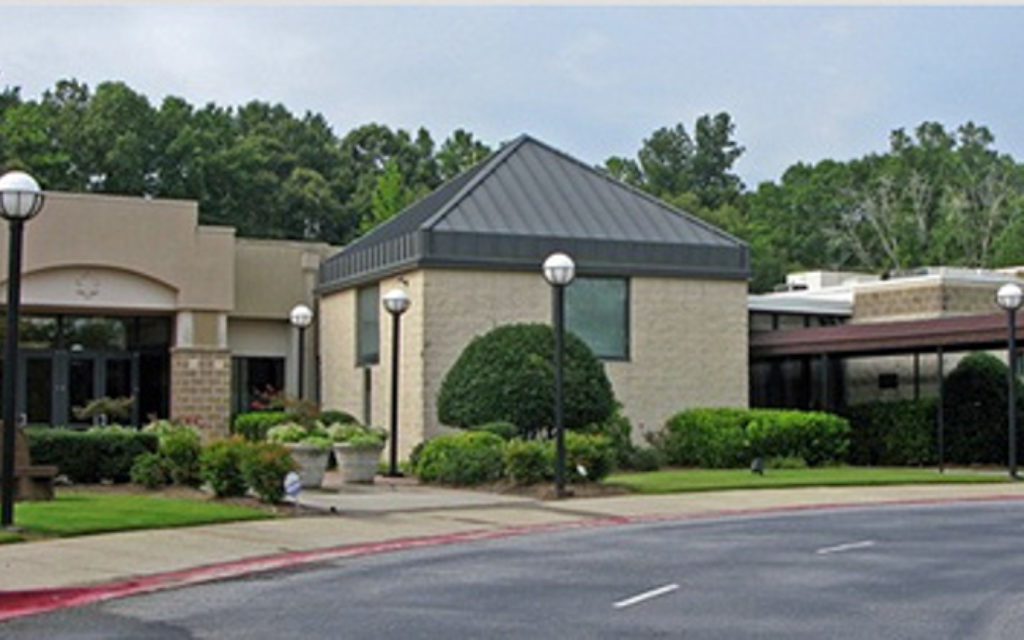Temple Kol Emeth: Torah for Everyone Given in Wilderness
The Jewish lesson that the Torah ultimately belongs to everyone has a number of applications.
It is noteworthy that the Torah (the Five Books of Moses) was not given in a Jewish country.
Israel is a Jewish country. Always has been. Always will be. But the Book of Numbers explicitly tells us that the Torah could not be given in the land of Israel; it had to be revealed in the Sinai wilderness, in a land that does not belong to any one nationality.
The Jewish lesson that the Torah ultimately belongs to everyone has a number of applications. But the one that comes to my mind is that I conducted in the past few years a number of bar and bat mitzvah for children with special learning needs.
Get The AJT Newsletter by email and never miss our top stories Free Sign Up
The yearlong preparation for a bar or bat mitzvah service is a lengthy, rigorous and intellectual process that does not fit every child’s learning profile. It can take hours (and hours) of practicing prayers and learning to decode ancient biblical texts. But every child comes with a unique skill set, and hence each child needs a specific way to prepare.
Some children have relatively minor disabilities, which may (or may not) include ADD/ADHD, dyslexia, a place on the mild side of the autism spectrum or mild issues with executive function abilities. In many of these cases, sensitive Temple Kol Emeth banal mitzvah tutors custom-fit the prayers and Torah portions to each student, and each one performs up to his or her ability.
However, over the past few years I was faced with three specific challenges: a child with a panic disorder, a child with moderate autism/Asperger’s syndrome and a child with profound developmental disabilities.
In one case (the panic disorder), the child could not perform in front of a large bar mitzvah crowd. However, over time, we were able to have the child adapt to having 10 to 12 people in the room — his immediate family. Early on, we decided to move the service to the Lebow Chapel, and the child performed flawlessly.
In a second case, the child with moderate Asperger’s was tutored rigorously, over and over again, with the same prayers and readings, which satisfied his need for complete orderliness with no ambiguity at all. As long as he knew exactly what was expected of him, no more and no less, the child with Asperger’s performed beyond expectations.
Finally, the child with profound developmental disabilities could not learn to read the Hebrew letters, could not learn the melodies, could not learn to read from the Torah. This was “a bridge too far.”
That said, the student learned to memorize, by heart, some of the melodies. He learned, by heart, to say a few words from the Torah portion. He learned the first confidence of standing up in front of a room of 50 people to strut his stuff.
I can’t tell you how proud the parents and the grandparents were of this child, able to overcome vast difficulties to take his rightful place among the Jewish people.
So I guess the upshot is this: I’d like to think that I am a really good teacher for superior bar mitzvah students. But probably all synagogues are good at working with the easy students.
Here at TKE, however, we like to pride ourselves that every child, whatever his or her abilities, will feel like a success on the bar or bat mitzvah day. And that, my friends, is why the Torah was given in the Sinai wilderness: because it belongs to everyone.
Have a great new year.





comments